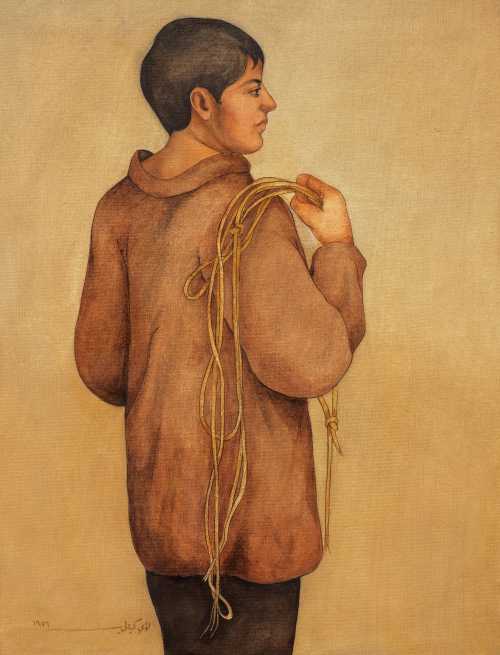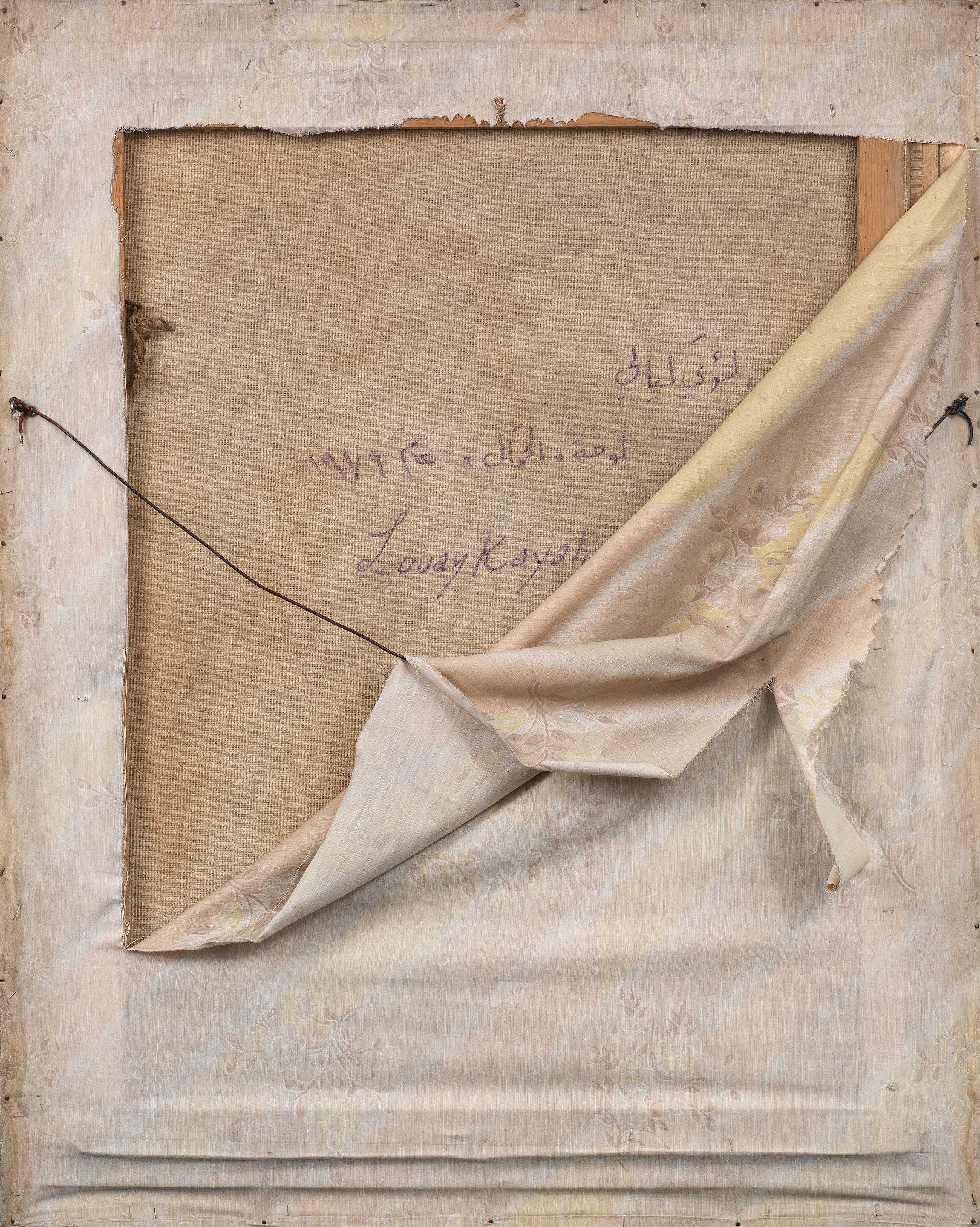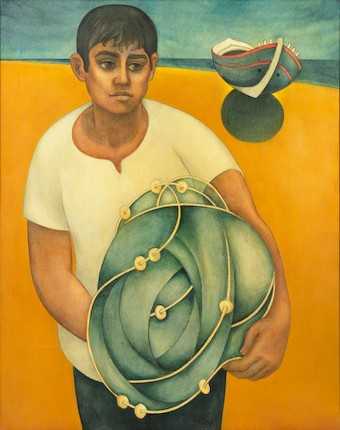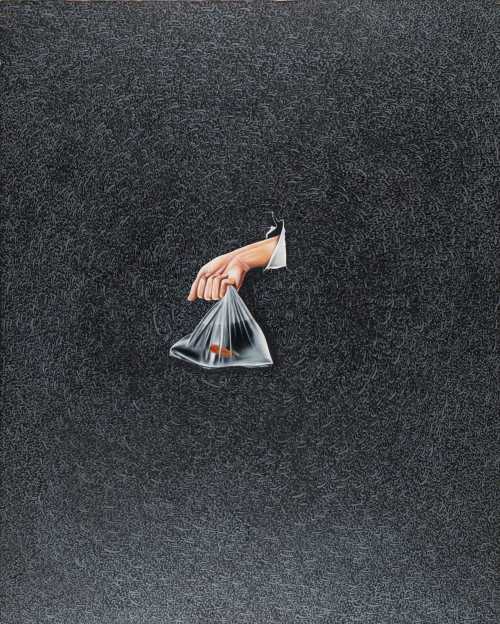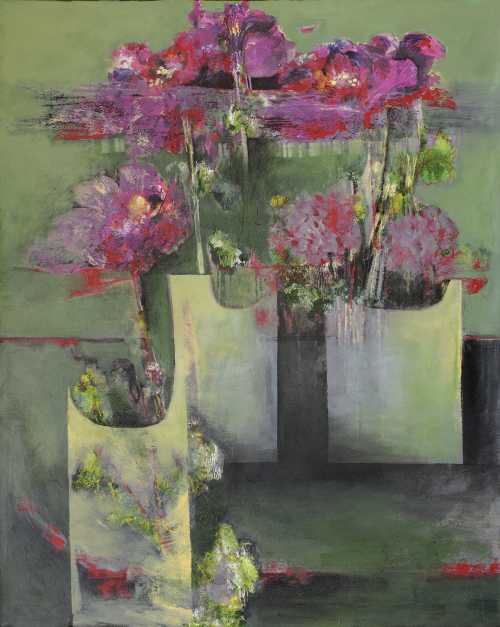- Porteur (Al-Hammal) 1976
- Oil on canvas
- Painting
- 76 * 99 cm
- Signed titled and dated on the verso
Framed
Estimation
£50,000
62,712 USD
-
£70,000
87,796 USD
Unsold
Artwork Description
Louay Kayyali is remembered as one of the most sought-after Arab artists of the Modernist era. We are delighted to be presenting an exquisite example of the artists tender and ennobling depictions of Syrian daily life.
Louai Kayyali was born in Aleppo, Syria in 1934. Kayyali received an art scholarship in 1956 to study at Rome's Academy of Fine Arts. He participated in numerous exhibitions and fairs during his time in Italy, including representing Syria along with Fateh Al Moudarres at the 1960 Venice Biennale.
In 1961, Kayyali returned to Syria where he took up a professorship at the Damascus Higher Institute of Fine Arts. After the Arab defeat in the Six-Day War with Israel in 1967, Kayyali abandoned painting due to depression. In the early 1970s, he returned to painting and began producing numerous paintings depicting everyday people from the streets of Syria's such as newspaper sellers, shoe-shiners, and the characters depicted in the present works.
"Porteur" is a prime example of Kayyali's mature period in which key characters from Syrian daily life come to the forefront. In this body of work, Kayyali highlights the protagonist's struggle and vividly captures how political upheaval affected the Syrian population's demeanour, shaping a culture and society that led to poverty and societal marginalization. Kayyali conveys a mixture of empathetic admiration and sad affection for his poor but noble subject matters.
These mesmerizing portraits dispense with superfluous detail and articulate the softness and vulnerability of Kayyali's subjects. Melancholy, resignation and solitude best characterise much of Kayyali's work after the 1967 war and the sentiments of political failure in Syria and the Arab world in general. His paintings externalized the pressing humanitarian and political issues that surrounded him. Kayyali's powerful depictions of ordinary people are characterized by strong fluid lines that define the figures and the absence of extraneous detail.
Louai Kayyali was born in Aleppo, Syria in 1934. Kayyali received an art scholarship in 1956 to study at Rome's Academy of Fine Arts. He participated in numerous exhibitions and fairs during his time in Italy, including representing Syria along with Fateh Al Moudarres at the 1960 Venice Biennale.
In 1961, Kayyali returned to Syria where he took up a professorship at the Damascus Higher Institute of Fine Arts. After the Arab defeat in the Six-Day War with Israel in 1967, Kayyali abandoned painting due to depression. In the early 1970s, he returned to painting and began producing numerous paintings depicting everyday people from the streets of Syria's such as newspaper sellers, shoe-shiners, and the characters depicted in the present works.
"Porteur" is a prime example of Kayyali's mature period in which key characters from Syrian daily life come to the forefront. In this body of work, Kayyali highlights the protagonist's struggle and vividly captures how political upheaval affected the Syrian population's demeanour, shaping a culture and society that led to poverty and societal marginalization. Kayyali conveys a mixture of empathetic admiration and sad affection for his poor but noble subject matters.
These mesmerizing portraits dispense with superfluous detail and articulate the softness and vulnerability of Kayyali's subjects. Melancholy, resignation and solitude best characterise much of Kayyali's work after the 1967 war and the sentiments of political failure in Syria and the Arab world in general. His paintings externalized the pressing humanitarian and political issues that surrounded him. Kayyali's powerful depictions of ordinary people are characterized by strong fluid lines that define the figures and the absence of extraneous detail.
More lots by Louay Kayyali
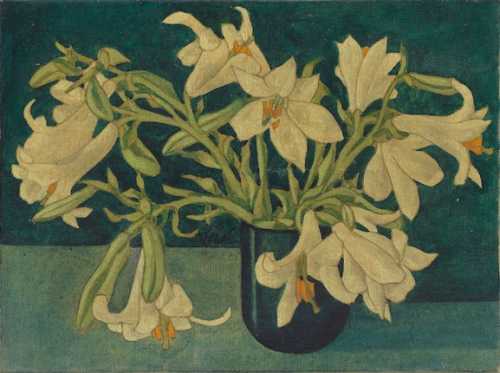
White Lilies
Estimation
€12,000
13,953 USD
-
€18,000
20,930 USD
Realized Price
€14,500
16,860 USD
3.333%
Sale Date
Millon & Associés
-
6 July 2025
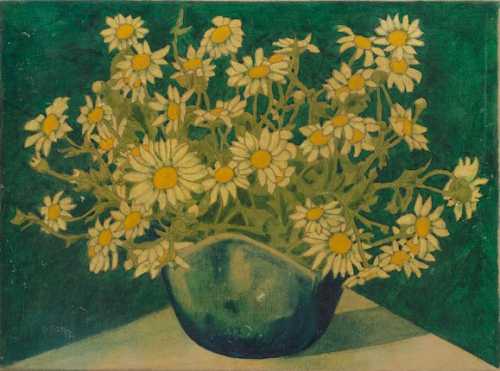
White Daisies
Estimation
£15,000
19,034 USD
-
£20,000
25,378 USD
Realized Price
£19,200
24,363 USD
9.714%
Sale Date
Bonhams
-
5 June 2024
Realized Price
115,954 USD
Min Estimate
64,035 USD
Max Estimate
94,341 USD
Average Artwork Worth
+48.18%
Average Growth of Artwork Worth
Sales Performance Against Estimates
Average & Median Sold Lot Value
2021 - 2025
Performance vs. Estimate
2021 - 2025
Sell-through Rate
2021 - 2025
Similar Artworks
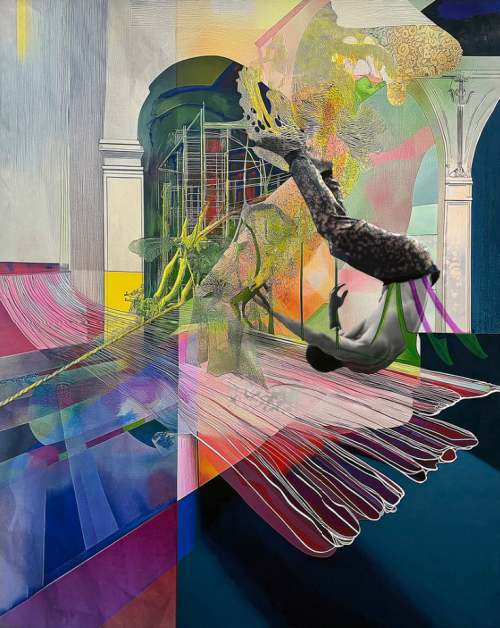
Prey
Estimation
$1,800
-
$2,500
Sale Date
Artsy Auction
-
2 May 2025
